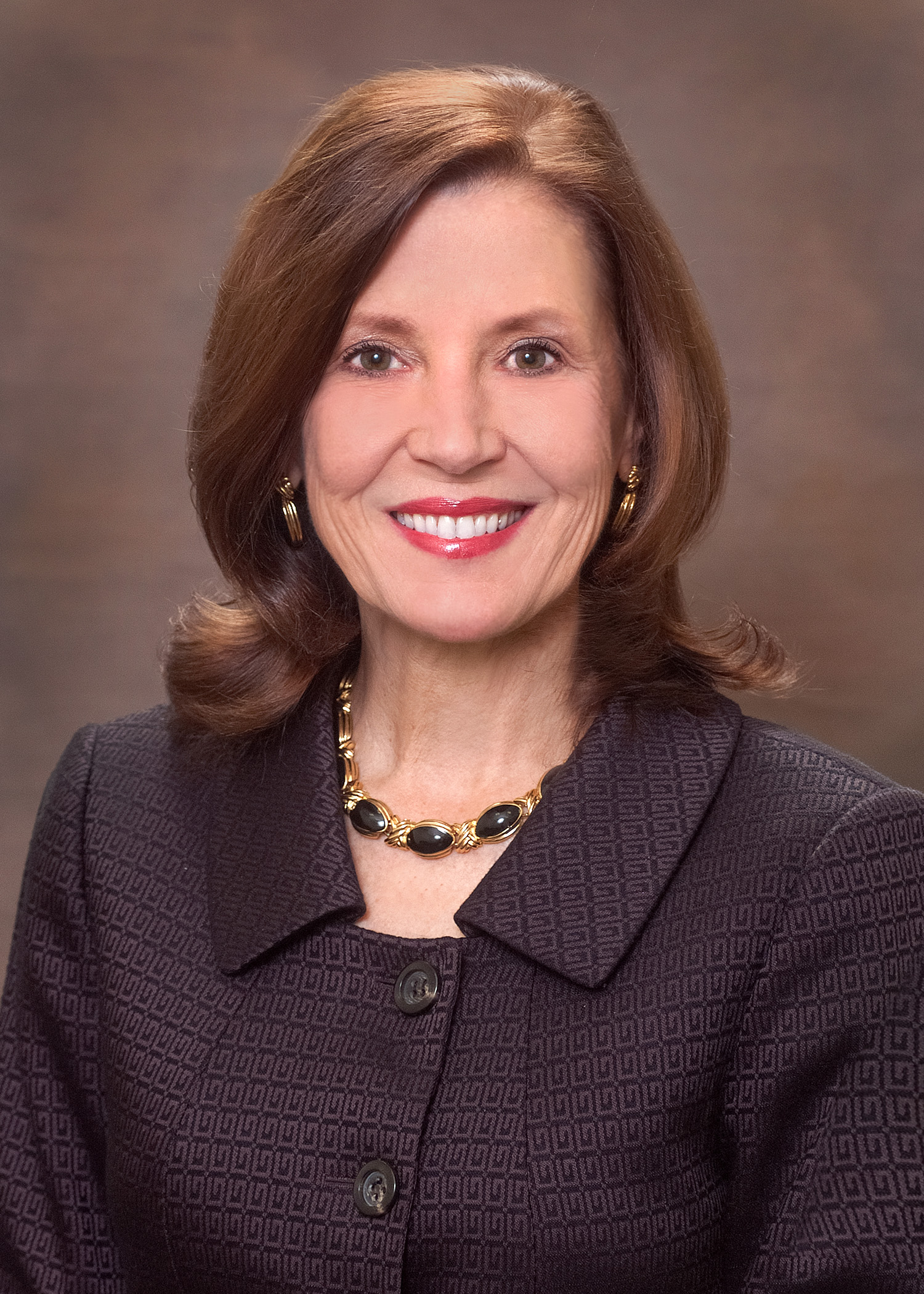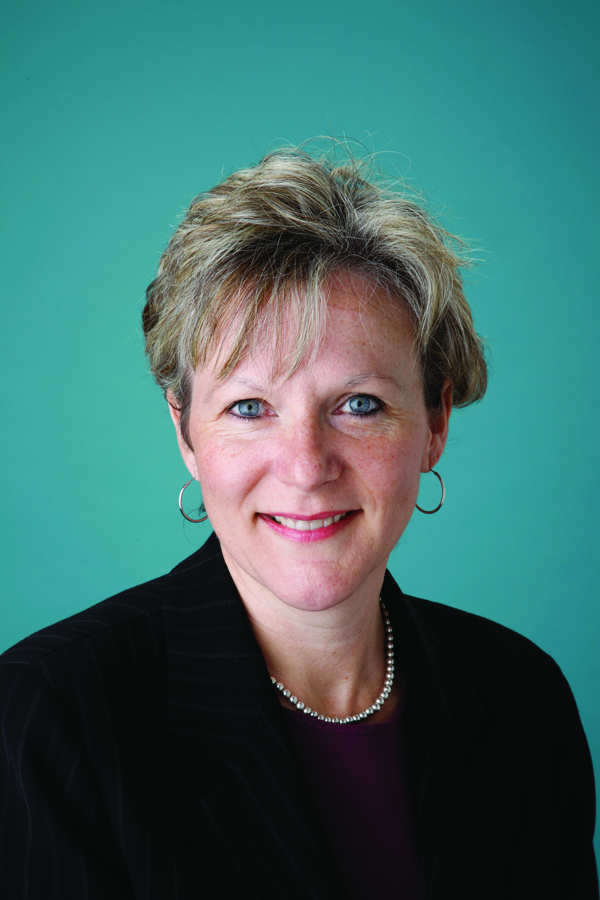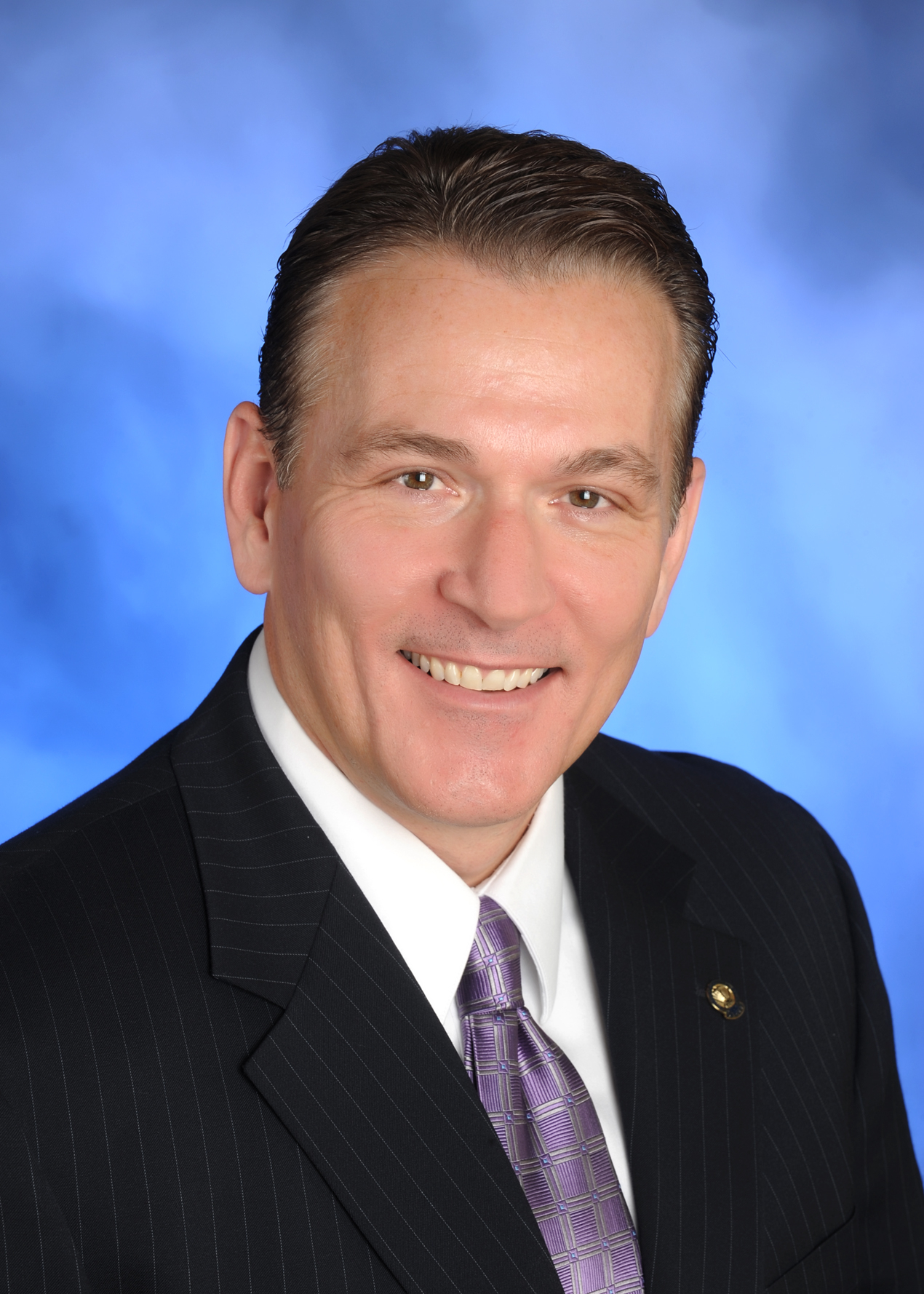Healthcare leaders know the value of a satisfied and engaged workforce, and the impact the work environment has on productivity and performance. In this roundtable, three hospital leaders discuss what makes their hospital a great place for employees to grow both professionally and personally and do meaningful work.
Participants of this roundtable include:
Teri Fontenot, president and CEO of Woman’s Hospital (Baton Rouge, La.)
Nancy Vish, RN, PhD, president and CNO of Baylor Jack and Jane Hamilton Heart and Vascular Hospital (Dallas)
Farron Sneed, CEO of Lovelace Westside Hospital (Albuquerque, N.M.)
Q: In your opinion, what qualities does a great colleague possess?
T.F.: Great listening skills and the courage to give honest feedback; not reluctant to disagree with the CEO. I also respect an ability to think through various  scenarios when problem-solving. A person who views issues as challenges and possibilities rather than obstacles is also an asset. Self-awareness, desire to learn, personal motivation and work ethic are also important. And finally, being trustworthy and reliable — knowing I can count on a person’s word — is really important to me.
scenarios when problem-solving. A person who views issues as challenges and possibilities rather than obstacles is also an asset. Self-awareness, desire to learn, personal motivation and work ethic are also important. And finally, being trustworthy and reliable — knowing I can count on a person’s word — is really important to me.

F.S.: A great colleague will always provide support and feedback to a difficult situation. He or she will typically take ownership 
Q: How do you show support or express thanks to colleagues and employees?
T.F.: Unexpected surprises like a handwritten note to recognize a specific action. For general appreciation, the executive leaders gather a few times a year offsite where we can relax and connect on a more personal level. As an organization, we express appreciation to our team in large and small ways throughout the year — hot chocolate served by the executive team on a cold morning, leaders serving the holiday meal on all shifts, an employee family picnic, and every year, a week-long Hospital Week celebration. Our employee bonus plan is another way of thanking employees for their contributions to our success. Last year’s bonus exceeded $5,000 for each full-time employee.
N.V.: We have all-employee forums and lots of celebrations — we use a lot of confetti here. We like to do special things for our employees, like having an afternoon where we serve ice cream or a morning where we hand out coffee and cookies. One of our special celebrations is Partners in Care Week, which begins with a blessing of hands ceremony and a release of doves. The celebration’s purpose is to reflect on the importance of each specialty to the outcomes of our patients.
One of my true passions is creating a culture where employees can develop their potential and play on individual strengths. I try to weave talent management strategies into day-to-day operations by giving staff opportunities to lead initiatives and trial new roles. The Baylor Heart and Vascular teams celebrate professional accomplishments and also personal ones. It’s expected that leaders and staff continually meet to discuss progress toward individual developmental goals.
F.S.: We always want to recognize the efforts of our employees. We have a formal recognition system program called Healthcare Hero that acknowledges special staff interactions. Many staff participate in the award ceremony, and the stories shared provide pride and joy in our jobs. Employees can send a “You make a difference” card that is reviewed and signed by our C-suite thanking them for their efforts, and our leadership also writes personal thank-you notes to employees who have displayed qualities above and beyond expectations. These are mailed to employees’ homes. I take great pride in writing these thank-you notes, and I keep a log of who I send them to.
Q: What do you do to establish a solid community and culture, and make your hospital a great place to work?
T.F.: Woman’s strongly values employee engagement and constantly seeks feedback. It’s important to understand what employees value and to demonstrate that we truly care about each other. We support each other in times of need; our employees donate to an emergency financial assistance fund that is available to employees with unforeseen disasters, and they donate paid time off to coworkers with extended absence due to illness. The Employee Annual Giving Campaign supports programs at Woman’s such as human donor milk for NICU patients and support for victims of sexual assault beyond medical care. We also recognize the need for social activity and address this through frequent celebrations.
N.V.: At Baylor Heart and Vascular Hospital, we believe you have to live your mission and vision. It’s the threading of the values of the organization with our goals throughout the program that makes the culture. We have many development and educational opportunities for our staff, such as a continuing education program, as well as a highly structured orientation. We also have a leadership development program both online and in-person. I said earlier that many of our committees and initiatives are staff-led. We strive to set up building blocks of competencies so the Baylor Heart and Vascular staff at all levels can continually grow and develop.
Last year, we received the Texas Award for Performance Excellence — a state award based on Baldrige criteria. Going through the journey leading to that award was really enlightening, and helped strengthen our culture. Unless you have the right culture, you can’t implement sustainable strategies.
I’m very proud of the staff-led community service programs, including CPR training at local high schools, providing and serving meals at various shelters in Dallas and working with children’s advocacy. I think this is a big part of who we are.
F.S.: Leaders can help develop a positive work environment by acknowledging employee and physician dedication to patient care. Doing purposeful, meaningful work helps employees maintain high satisfaction. When you know you make a difference in patients’ lives each day, it is easy to come to work and enjoy what you do. It’s also important for leaders to acknowledge the achievements through recognition.
We also provide condolences when an employee or employee’s family member is lost. Our corporate president once donated his airline miles to the family of an employee who unexpectedly passed away. They had to travel a long distance to carry out the last wishes of their loved one, and this would have been difficult without assistance.
Another important aspect of our culture is our engagement with our volunteers. They are critical to our culture, and provide support to department staff that helps them do their job, such as directing guest throughout the facility.
Q: Outside of work, what is your favorite thing to do to unwind and relax?
T.F.: My favorite thing to do right now to unwind and relax is walk, especially when my one-year old grandson joins me! I try to walk 45 to 60 minutes a day so my Fitbit is happy with me, but it also feels good to be moving and is a great way to clear my head of mental clutter and use the time for strategic thinking.
N.V.: I love to spend time with my children and family. I also really enjoy vacationing with them. It doesn’t matter where, though I prefer somewhere with sun and sand!
F.S.: I do weight training and cardiovascular exercise three to four days a week, and this really helps me relieve stress. I’ve been doing this for years — it’s a great outlet for me. The jobs we do are very stressful — though we may not always recognize it — so we need to have some sort of outlet. I can quickly clear my mind, wind down with my family and feel energized the next day.
